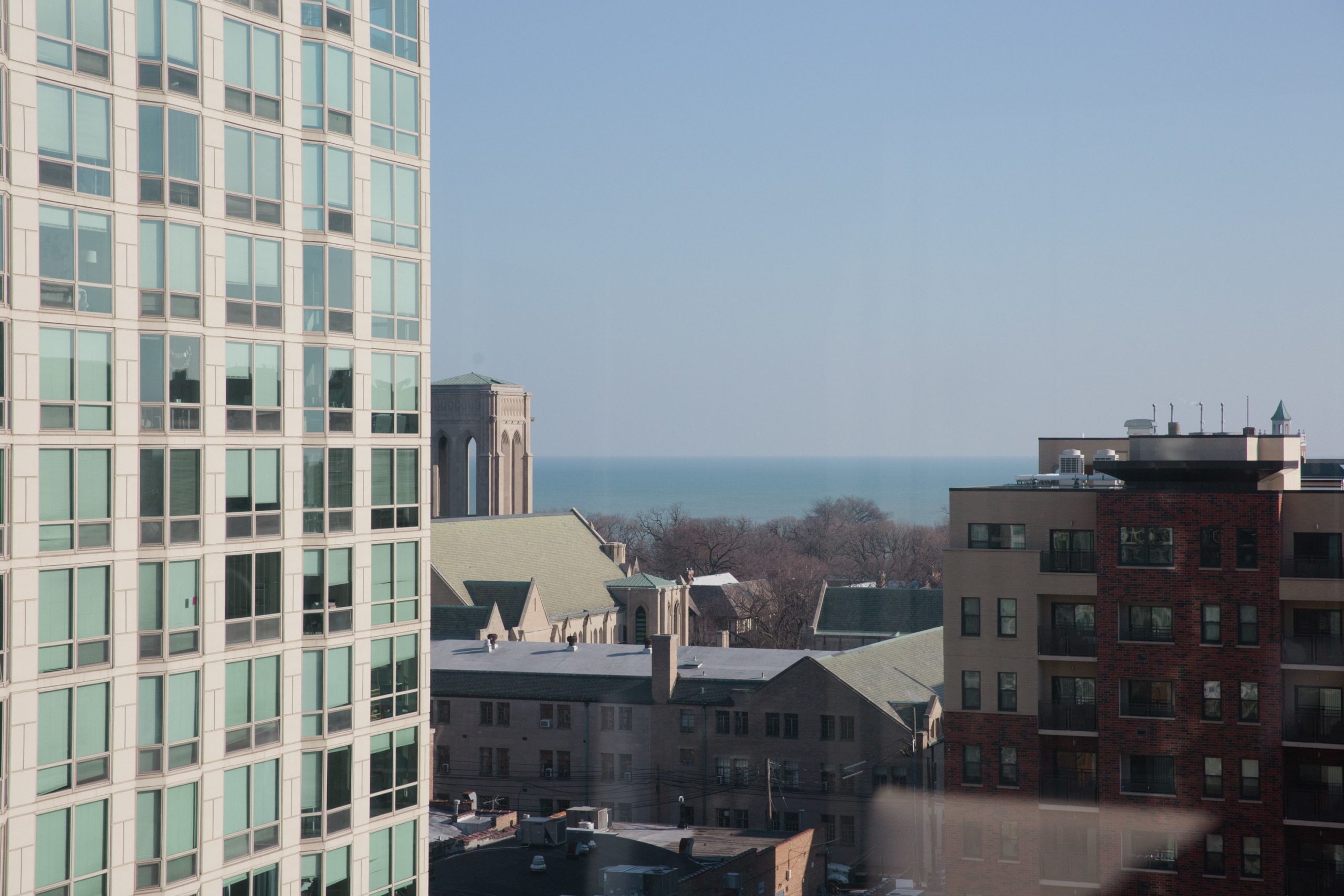Blog

Dividing Student Loans in Divorce
REQUEST A CONSULTATIONBy Marvin Mendez, Divorce and Family Law Attorney
While several of us have hoped for the nationwide cancellation of student loans, we realistically cannot count on any significant cancellation any time soon. And if you’re in the process of divorcing someone with significant student loan debt, it’s normal to be worried about your finances.
Our team at Stern Perkoski Mendez is here to support you as you disentangle your finances—and to ensure you leave your marriage with the money you deserve.
Why Dividing Student Loans is a New Problem to Solve
In divorce and family law, dividing student loans has never been as big of an issue as it is today. When previous generations got divorced, college didn’t cost nearly as much as it does now. Even people who went to college 10 to 20 years ago faced significantly lower educational expenses than people who have attended college in the past few years.
So as younger couples navigate the dissolution of their marriages, family courts are dividing massive amounts of student debt—more than ever before.
How Debt is Divided
If you bring debt into a marriage, it remains part of the non-marital estate—and the same is true of student loan debt. If your spouse entered your marriage with $100,000 in student loans, those loans are not your responsibility and will stay with your spouse upon divorce.
Similarly, if you attend college, graduate or trade school during marriage and take out loans to do so, the debt remains yours alone after divorce. That’s because your education and career, and thus the benefits of these loans, will stay with you after divorce—so the loans do, too. Student loan debt follows the person who incurred it.
I spent my student loans on my spouse. Do they have to help pay them?
Yes! Let’s say that you attended medical school during your marriage and took out significant loans to make it possible. You used money from these loans on marital expenses, such as rent, food and even a few vacations.
Since you spent money on your spouse and your loans benefited them during marriage, they will be partially responsible for the debt incurred. The exact amount or percentage will be determined by the court on a case-by-case basis.
How can I protect myself from my spouse’s student debt?
Sometimes clients tell me they’re scared they’ll assume their partner’s student debt or financial mistakes in divorce. They may have heard a horror story from a friend or read an article like Angela’s story in NPR. In fact, many of us know people who’ve emerged from divorce in a challenging financial situation—and at Stern Perkoski Mendez, we’re committed to ensuring this does not happen to you.
Angela’s story details a federal program that allowed spouses to consolidate their debt for a lower interest rate and single monthly payment—which became quite complicated when these couples later wished to separate. Congress is in the process of revising the program so that debt will be split proportionate to that which you brought into the marriage, but it’s not finalized yet.
So while Angela’s situation shouldn’t be allowed to happen, many people are still suffering the consequences of their spouse’s student debt or other financial decisions. And survivors of domestic abuse commonly cite financial control as the primary reason it was challenging to leave.
If you’re facing this situation, you have financial and legal rights (including a right to the financial status quo), and support is available to you. Everyone deserves to be free of their former spouse’s student debt—as well as their spouse’s financial control.
Contact Our Divorce and Family Law Firm in Evanston, Chicago, Lake Forest and Oak Brook
If you’re considering dissolving your marriage and are concerned about your spouse’s financial situation or student debt, I encourage you to contact our team. We have experience with complex financial matters and can explain each step of the process to you—and advocate for you in court if necessary.
Request a free consultation online or give us a call at (847) 868-9584. We will happily meet with you at our offices on the North Shore in Lake Forest or downtown Evanston, our Chicago location in the loop, or our DuPage County office in Oak Brook.